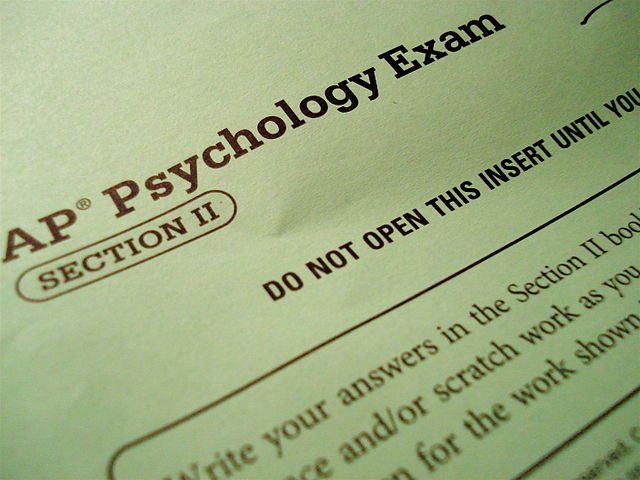Every year, students across the country take Advanced Placement (AP) exams, hoping to earn college credit and boost their college applications. Most students study hard and take the tests seriously but this year, some went to extreme and risky lengths to cheat.
One of the wildest stories came from a student who used a bathroom break during the AP exam to secretly ask his dad, who also happened to be a teacher at the school, for help with some of the questions. Instead of playing along, the dad reported his own child and the student was disciplined for breaking the rules.
“I think this shows that some people just want a good score without putting in the work, Junior Wyatt Lee said. “They’re scared of failing or don’t feel ready.”
In New Jersey, a girl took cheating even further by hiring a look-alike student to take the AP Biology exam in her place. It nearly worked, until the proctor noticed something strange with the ID and her plan fell apart.
Furthermore, another student faked a meltdown during the exam, crying loudly and getting the proctor’s full attention. While the adult tried to calm her down, her classmates used the distraction to peek at their hidden notes. The trick didn’t work for long because security footage caught the whole thing, leaving everyone involved punished.
In another case, a student taped their phone under the desk during the AP Literature exam and tried to look up answers by checking it secretly. The plan failed when the phone slipped and made a loud noise, drawing the proctor’s attention.
Finally, a group of students in Texas created a secret tapping system during their AP European History exam. Each tap meant a different answer choice, and they used it to signal answers across the room. It seemed smart at first, but the constant tapping made the proctor suspicious and the system was exposed.
These stories might sound like something out of a movie, but they’re real and show how far some students will go to achieve the best score possible, regardless of ethics and method. Still, the consequences were serious: canceled scores, suspensions and being reported to colleges.
“It’s not worth the risk,” junior Daftnie Bautista said. “If you get caught, it could mess up your record. In the end, it’s always better to prepare the right way than to risk your future for a few answers”




